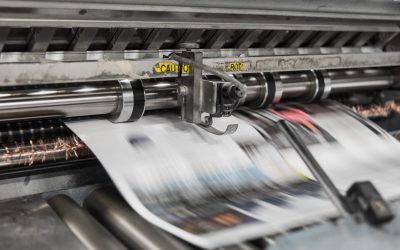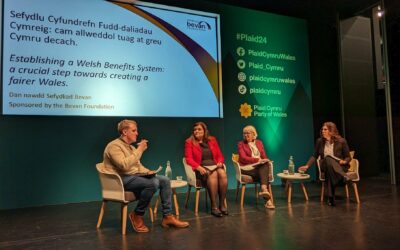 Bevan Foundation
Bevan Foundation It was interesting to hear David Davies MP at the scrutiny conference on Monday speak of the problems members of parliament serving on select committees have in developing the required expertise for effectively scrutinising the executive as a member of a select committee when they also have constituency responsibilities that require them to spend time away from Westminster. He gave the example of spending time at Westminster examining the war in Afghanistan – something that clearly requires time and the development of expertise – before returning to a constituency to help a constituent having problems with a burger van.
He proposed two interesting suggestions for change; (1) Members of parliament focusing more on the main national issues and leaving some constituency work to AMs and local councillors, and (2) What he called the Territorial Army solution of having unpaid volunteers spend a couple of days a month in London to serve as citizens juries scrutinising the executive.
I want to focus on the former suggestion. The interesting implication of this is that more powers should be devolved away from Westminster and to the local level, so that MPs can focus on becoming experts in the areas that need to remain national (such as foreign policy), and AMs and local councillors can do the more mundane constituency work. However this would need to be accompanied by two things; (1) greater understanding of which powers lie where amongst the public, so people and organisations know where to send their queries or concerns, and (2) a greater respect for the role of AMs (or equivalent elsewhere) and local councillors. Presently, one reason why many people prefer to contact their MP because a member of parliament has greater status than that of a local councillor. For example, a letter from an MP to a housing department in a local authority will probably carry more weight than that of a local councillor.
So one of the questions for people who wish to see Members of parliament develop greater expertise on national matters, and other representatives take up more constituency work, is how do you raise the status and profile of AMs and local councillors, so that constituents feel confident that seeing a local councillor or AM will produce positive results.
Aside from obvious general statements about the need for better and local media coverage of local and devolved government, and better finance and for local government so it can do a better job, there are some specific ideas that could form the basis of a revival of local government. These are; (1) create an incentive for people to vote in local elections and make it easier to do so in order to raise turnout and civic participation, (2) Better re-numeration for councillors alongside greater responsibilities, (3) involve councillors in the recruitment of officers and offer them more responsibility in the development of policy (4) participatory budgeting. These proposals are by no means exhaustive and are intended to serve as points for discussion. Above all there needs to be a greater debate on the nature of our democracy and what we expect and want our elected representatives to do.
There is also one other thing that was missing from the honourable member for Monmouthshire’s speech. Some of us were dying to know the location of this problem burger van and whether the food was any good.
James Radcliffe is Policy and Research officer at the Bevan Foundation


